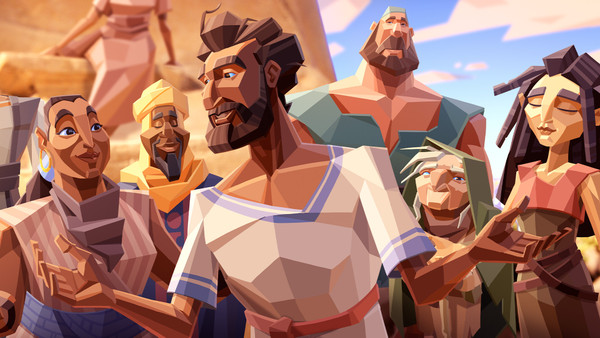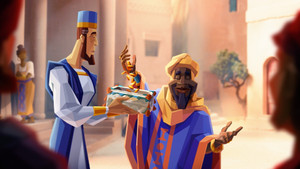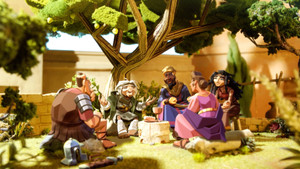

The Lord’s Prayer
In a short prayer, Jesus shows us how to align our desires with the purposes of God’s Kingdom.
Reflect
Why does Jesus tell his followers to address God as “our Father”?
Why would someone pray for God’s name to be recognized as holy?
When Jesus prays, "Your Kingdom come, and your will be done," what is he asking for?
What does praying “give us today our daily bread” remind us about in the Old Testament, and what might it instill within us?
Why does Jesus so closely connect God’s forgiveness of us to our forgiveness of others?
Jesus prays about temptation, or “testing,” and then prays about deliverance from the evil one. How do these concepts or ideas relate?
View Guide
Downloads
Next Episode

Episode 8
Wealth and Worry
Sermon on the Mount

Episode 1
Intro to the Sermon on the Mount

Episode 2
The Beatitudes

Episode 3
Jesus Fulfills the Law

Episode 4
Wisdom Within Laws About Murder, Adultery, and Divorce

Episode 5
Wisdom Within Laws About Oaths, Retaliation, and Enemy Love

Episode 6
Warnings About Religious Practices

Episode 7
The Lord’s Prayer

Episode 8
Wealth and Worry

Episode 9
Wisdom in Relationships

Episode 10